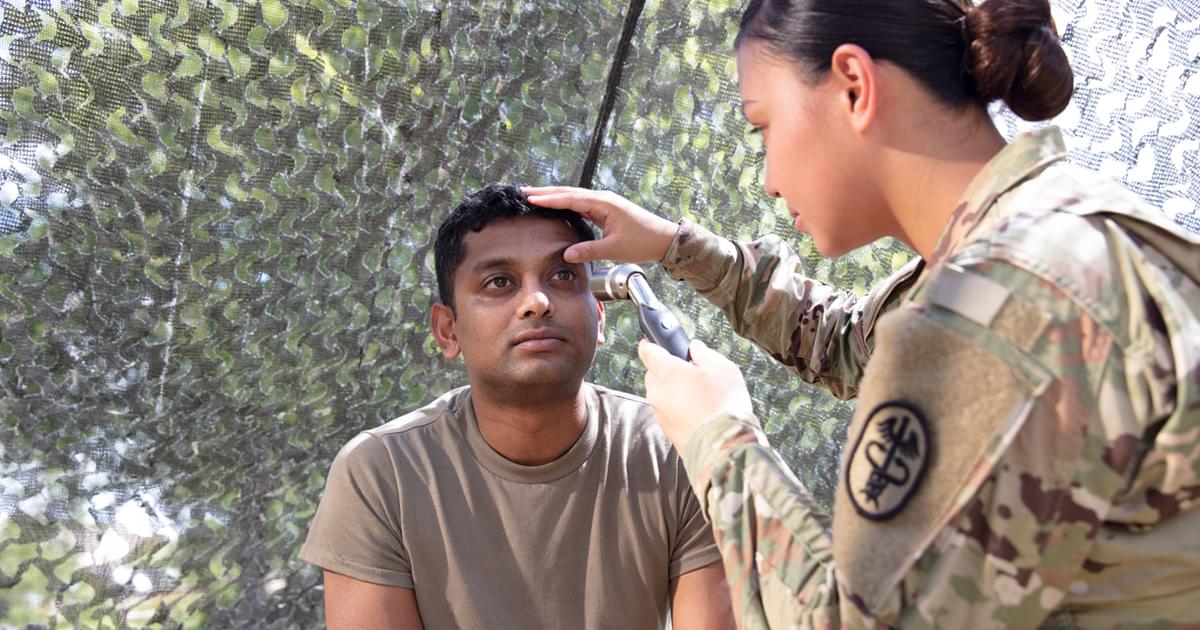crumblethunder187
Class of 2026
- Joined
- Jun 17, 2020
- Messages
- 42
I have a question for medical school for West Point. What careers have people done/or is possible after finishing medical school?

Definitely a little vague as @UHBlackhawk says....Just a little FYI, if you are intent on attending and graduating West Point, it is highly likely you will not get medical school directly upon graduation. There are a few slots available, but they go fast and the majority of Military Physicians and other professionals are civilian medical school grads or at least Bachelors degree grads who apply for the HSSP program (already accepted at medical school). Most Academy grads serve at least one tour in the field before becoming eligible for graduate school, and then make sure you are aware of the additional "service obligation" for that graduate program.I have a question for medical school for West Point. What careers have people done/or is possible after finishing medical school?
What about the medical school path after 5-year field duties (i.e. special force...)? Possible to take the MCAT at school and have a reserved spot for 5 years?
Thanks for the answer. The odds are that after 5 years active duty how much of the MCAT materials one can still remember to perform well on the test. There should/could be a program of deferment to meet both goals of active duty and med school.Unfortunately, MCAT scores are only good for 2 to 3 years (range is b/c mileage may vary by specific US Medical School); here's the authorative source (AAMC - American Association of Medical Colleges; https://students-residents.aamc.org/mcat-scores/how-long-are-mcat-scores-valid) and no civilian med school (or Uniformed Services University of the Health Sciences (USUHS) to my knowledge, allows for a many year deferrment on start date.
So the answer is: In this scenario, you would likely have to retake the MCAT at some point closer to your potential appplication date and with that, likely have to reapply.
But that said, I've met many older (I'm a current 3/C USNA youngster) SA grads (from both USNA and USMA) who have graduated, commissioned and matriculated into a service community and then, either laterally transfered to a medical billet (and med school) or served their time and then came back to med school post completing their commitment/obligation. Either path works - just know that you can't get take the MCAT now and think the score will be good 5 years later. -- or really even apply to med school and have them hold a spot for 5 years
Hope this helps.
The process of deferment and transition to medical school could include a Special Masters Program to get back into the swing of school and MCAT prep. A significant number of successful med school applicants complete this type of program prior to a med school acceptance.Thanks for the answer. The odds are that after 5 years active duty how much of the MCAT materials one can still remember to perform well on the test. There should/could be a program of deferment to meet both goals of active duty and med school.
